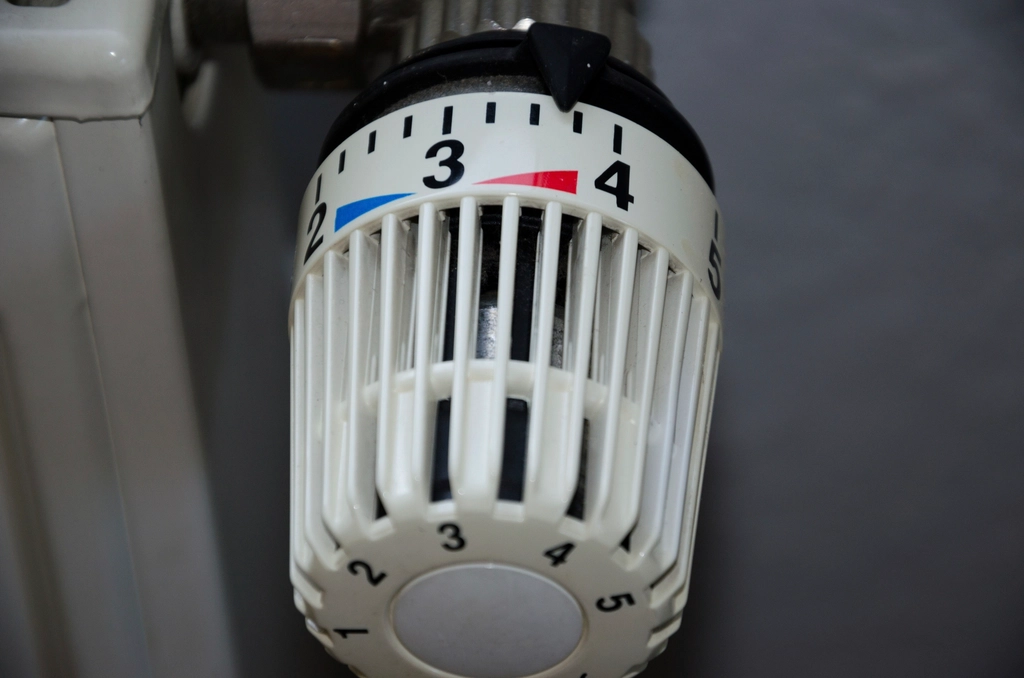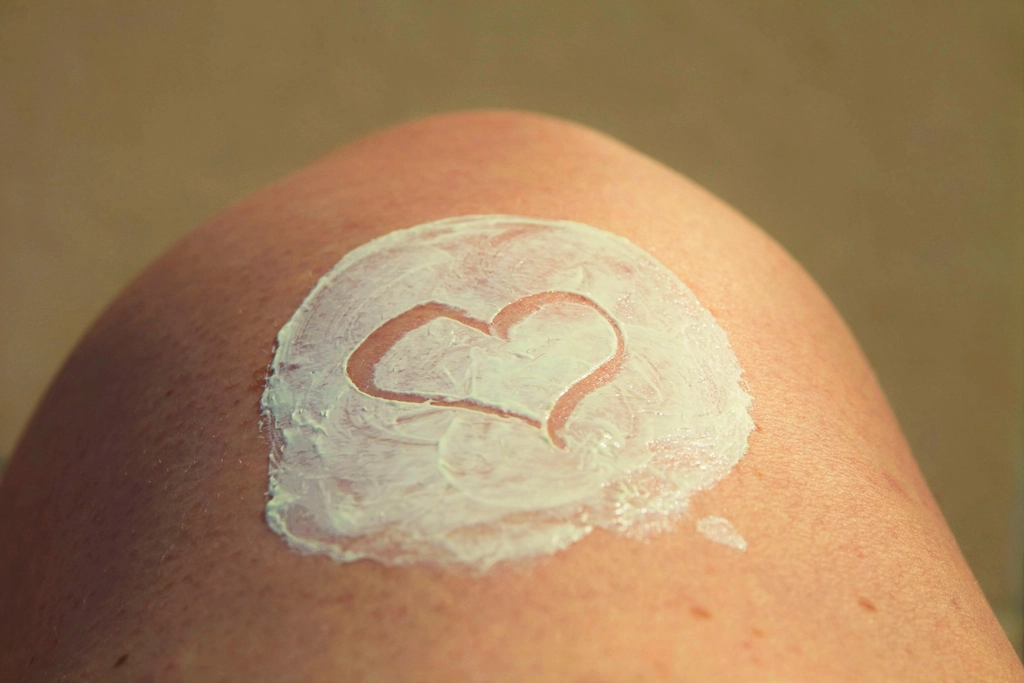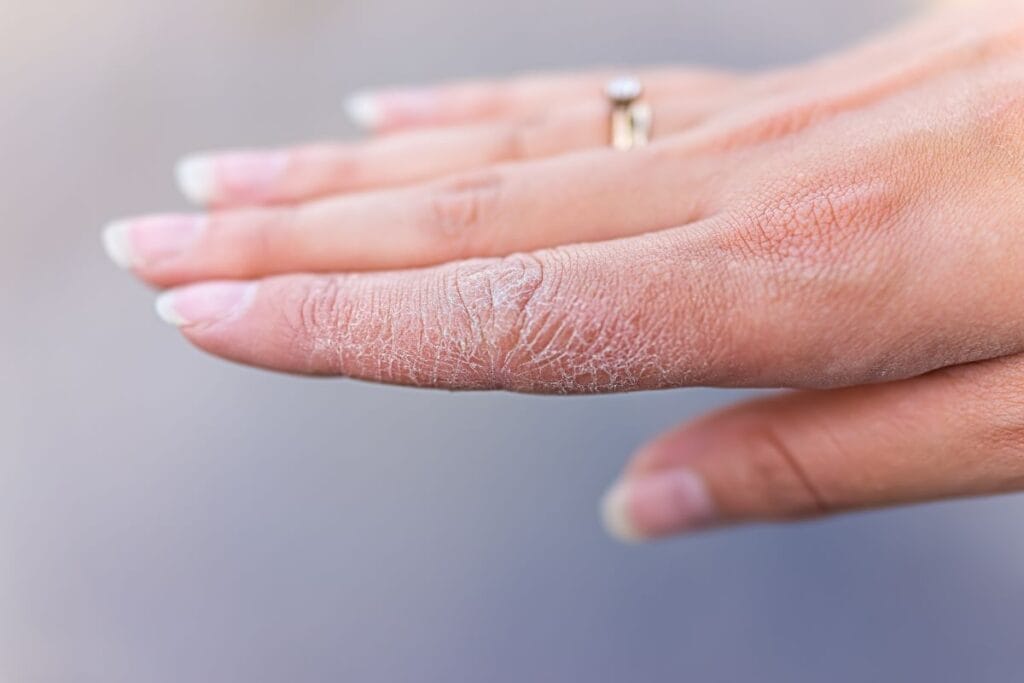Dry skin is a common issue that many people face, especially during colder months when low humidity and cold air can strip the skin of its natural moisture.
However, there are several other factors that might be contributing to dry and irritated skin—some of which might surprise you.
Long, Hot Showers

While a hot shower can feel comforting, it can also strip your skin of its natural oils, leaving it dry and tight. Opt for shorter showers with lukewarm water and choose gentle cleansers to minimize moisture loss.
Harsh Cleansers

Many soaps and facial cleansers contain ingredients like alcohol and sulfates that can dehydrate the skin by stripping away its natural protective barrier. Switch to mild, fragrance-free products to help maintain your skin’s hydration and barrier function.
Indoor Heating

During winter, running heaters at full capacity can dry out the air in your home, which can lead to dehydrated skin. Consider using a humidifier to maintain moisture levels in the air and protect your skin from drying out.
Inadequate Moisturizing Routine

Applying moisturizer sporadically may not be enough to combat dry skin. To maximize hydration, apply a rich moisturizer immediately after bathing while your skin is still damp to lock in moisture.
Insufficient Water Intake

Dehydration can manifest as dry skin, so drinking adequate water throughout the day is essential to keep your skin hydrated from within. Ensure you’re meeting your daily fluid needs for overall health and skin vitality.
Smoking

Smoking restricts blood flow and reduces oxygen delivery to the skin, making it more prone to dryness and wrinkles. Quitting smoking can significantly improve the appearance and health of your skin.
Aging and Hormonal Changes

As you age, your skin naturally produces less oil, which can lead to increased dryness. Hormonal shifts, especially during menopause, can exacerbate this issue. Incorporating oil-based moisturizers can help mitigate these effects.
Skin Conditions and Medical Issues

Conditions like eczema, psoriasis, and diabetes can cause chronic dryness. Additionally, thyroid disorders can impair your skin’s ability to retain moisture. Managing these conditions with the help of a healthcare provider can improve skin health.
Poor Clothing Choices

Clothing made of wool or synthetic materials can irritate the skin and worsen dryness. Choose soft, breathable fabrics like cotton to reduce irritation and keep your skin comfortable.
Skipping Exfoliation

If you don’t remove dead skin cells regularly, they can build up and make it harder for moisturizers to penetrate. Use a gentle exfoliant once a week to keep your skin smooth and better able to absorb hydration.
This article is based on insights from Health.
